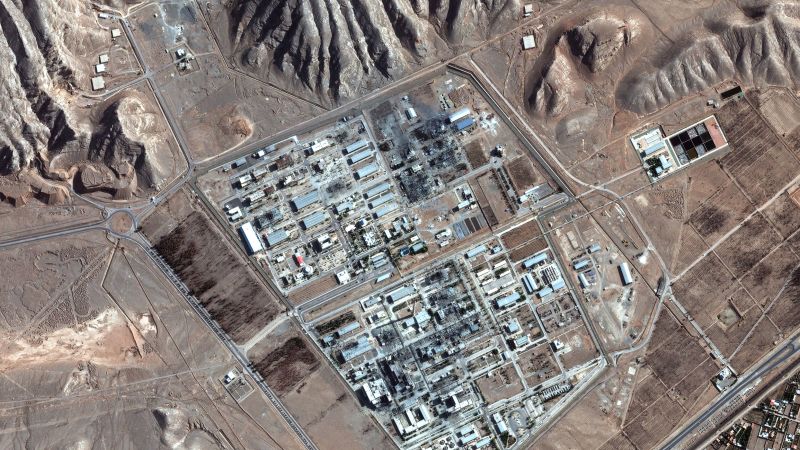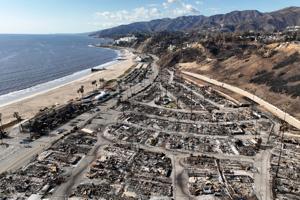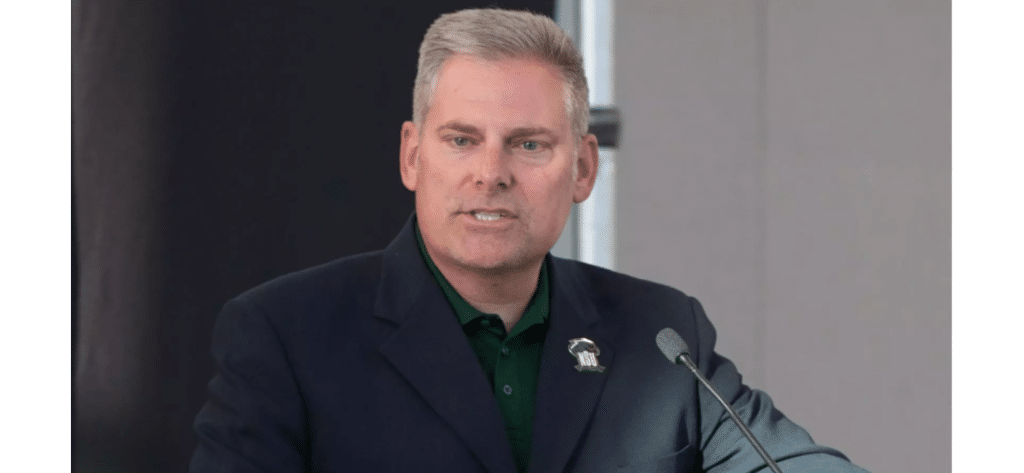Iran Suspends Cooperation with UN Nuclear Watchdog Amid Rising Tensions

Iranian President Masoud Pezeshkian has officially approved a law to halt cooperation with the International Atomic Energy Agency (IAEA), a decision likely to obscure Tehran’s nuclear ambitions. This move, announced on Wednesday, follows a parliamentary decision last week to suspend collaboration with the UN nuclear watchdog. Iran accuses the IAEA of colluding with Israel, allegedly enabling strikes on its nuclear facilities—an accusation the agency firmly denies.
President Pezeshkian has directed Iran’s Atomic Energy Organization, the Supreme National Security Council, and the Ministry of Foreign Affairs to implement the new law, according to the state-run news agency IRNA. While the specifics of the law’s implementation remain unclear, this decision could potentially allow Iran to advance its nuclear program without international oversight.
Background and Implications
Iran is a signatory to the Non-Proliferation Treaty (NPT), which mandates member states to permit monitoring and inspections of nuclear facilities to ensure their peaceful use. The recent move to suspend cooperation with the IAEA raises concerns about Iran’s commitment to these international obligations.
“We are aware of these reports. The IAEA is awaiting further official information from Iran,” an IAEA spokesperson told CNN. This development comes in the wake of heightened tensions following an unprecedented attack by Israel on Iran last month, targeting military commanders, nuclear facilities, and scientists involved in its atomic program.
Escalating Tensions in the Region
The conflict between Israel and Iran intensified, resulting in a 12-day military confrontation that concluded with a ceasefire last week. During this period, the United States also conducted supportive strikes on Iranian nuclear sites in Natanz, Isfahan, and Fordow. Despite the damage, Iran has vowed to continue enriching uranium, asserting that its nuclear program is for peaceful purposes.
The IAEA reported that US strikes fell short of causing total damage, indicating that Tehran could resume uranium enrichment “in a matter of months.”
Prior to these attacks, the IAEA expressed its inability to verify the peaceful nature of Iran’s nuclear program, issuing a report that highlighted Iran’s uranium enrichment to near weapons-grade levels. This report led to an IAEA resolution censuring Iran, which has fueled outrage within the Iranian government. They accuse the agency and its director-general, Rafael Grossi, of bias.
Iran’s Nuclear Ambitions and International Response
Iran’s Supreme Leader Ayatollah Khamenei has consistently denied intentions to develop nuclear weapons, citing religious prohibitions against weapons of mass destruction. However, the country’s decision to enrich uranium to higher levels came after the US withdrawal from the 2015 nuclear agreement under President Donald Trump.
The international community remains divided on how to respond to Iran’s recent actions. While some advocate for diplomatic engagement to bring Iran back into compliance with the NPT, others call for increased sanctions and pressure.
Expert Opinions and Future Prospects
Experts suggest that Iran’s suspension of cooperation with the IAEA could lead to further isolation and economic challenges. Dr. Emily Landau, a senior research fellow at the Institute for National Security Studies, noted, “Iran’s decision reflects a strategic gamble, betting on the international community’s reluctance to escalate tensions further.”
“The move represents a significant setback for nuclear non-proliferation efforts and could trigger a regional arms race,” warned Dr. Mark Fitzpatrick, a former US State Department official.
As the situation develops, the international community will closely monitor Iran’s next steps. The potential for diplomatic negotiations remains, but the path forward is fraught with challenges.
Conclusion and Next Steps
The suspension of cooperation with the IAEA marks a critical juncture in Iran’s nuclear narrative. With regional tensions simmering, the global community faces the task of balancing diplomatic efforts with the need to prevent nuclear proliferation. The coming months will be pivotal in determining whether Iran’s nuclear ambitions can be curbed through international diplomacy or if further escalation is inevitable.






